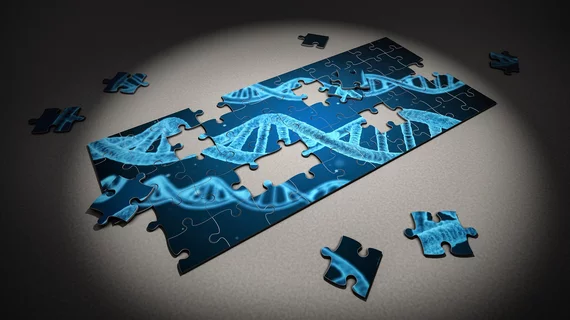AI, biology poised to scratch each other’s back
Beyond DNA strands, biological data comes in a host of disparate forms, from gene expressions to electrical signals to advanced imaging. In fact the aggregated datasets are so complex, applying algorithmic analysis for medical uses may help expand AI as it unlocks biology.
The dynamic is described in an Axios item posted April 8.
“[T]he nuanced, complex biological data captured by imaging and [genome] sequencing could help to create powerful algorithms that capture cause and effect in a system,” explains reporter Alison Snyder. “That would represent a leap forward for AI, which remains best at identifying correlations while leaving the question of cause to human scientists.”
The bottom line, Snyder suggests, quoting Harvard/MIT physician/geneticist/data scientist Anthony Philippakis, is that blending AI with biology “may not just be another tool for understanding medicine. Biology could be ‘a driver for the next generation of advances in machine learning.’”

